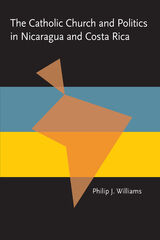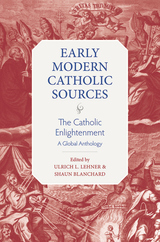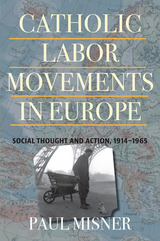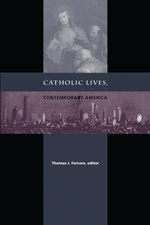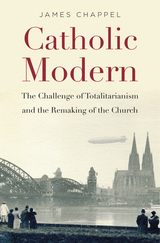Paper: 978-0-87840-893-1
Long isolated by rigid military rule, Burma, or Myanmar, is one of the least known, significantly sized states in the world. Possessed of a rich cultural history yet facing a range of challenges to stability and growth, it has struck the imaginations of those concerned not only with geopolitical or trade affairs but also with poverty, health, and human rights. David I. Steinberg sheds new light on this reclusive state by exploring issues of authority and legitimacy in its politics, economics, social structure, and culture since the popular uprising and military coup of 1988.
Exploring the origins of that year’s tumultuous events, Steinberg analyzes a generation of preceding military governments and their attempts to address the nation’s problems. He focuses on the role of the military, the effects of Burma’s geopolitical placement, the plight of the poor, the destruction of civil society, and rising ethnic tensions. While taking into account the importance of foreign observers as counterpoints to official views, suppliers of economic aid, and advocates of reform, Steinberg contends that ultimately, the solutions to Myanmar’s varied problems lie with the Burmese themselves and the policies of their government.
The paperback edition includes a postcript that reveals the most current and critical issues facing Burma since the publication of the original hardcover in March 2001. Steinberg brings readers up to date on the recent release of political prisoners, economic and military conditions, United Nations actions, and the complex, ever-changing relationship between Thailand and Myanmar.
See other books on: Burma | International Relations | Myanmar | Political Science | State
See other titles from Georgetown University Press



